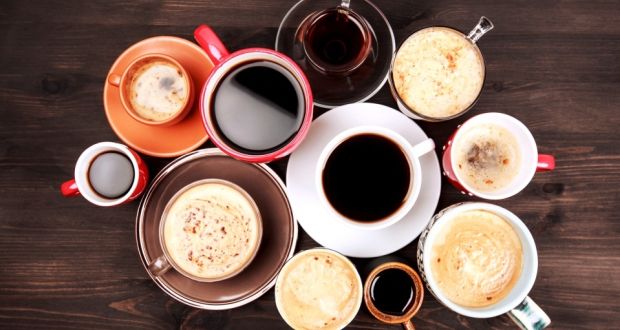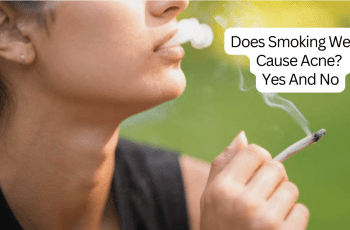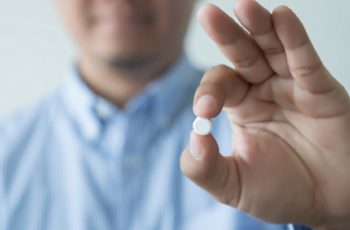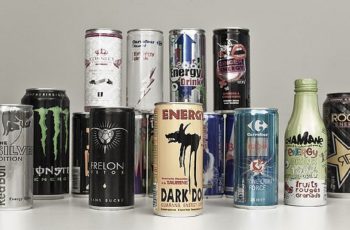Caffeine is a stimulant, and we know that it shouldn’t make someone feel tired. So what gives with some people saying they get drowsier after drinking coffee?

Vanessa Rissetto, MS, RD, CDN, and co-founder of Culina Health said, “Not crazy at all.” Michelle Worley, a registered nurse and Director of Clinical Operations at Aeroflow Healthcare who also oversees their sleep treatments, agrees to say, “The most well-known effect caffeine has on the brain is alertness, but that isn’t the only one.” So, why caffeine makes me tired?
Here are 8 reasons caffeine might be making you tired:

1. Excess caffeine in coffee causes adenosine receptors to become blocked
So, when caffeine hits our brain it binds to adenosine receptors. A sleep-causing chemical called adenosine helps us feel sleepy. You can’t feel tired because it blocks those adenosine receptors, and keeps our brains fueled. However, Just because our brain doesn’t process the adenosine anymore, it still produces it. When caffeine inevitably wears off you’re left with an excess buildup that makes us feel even more tired.
2. The real culprit is the sugar you add
Coffee is one of life’s great pleasures, but did you know that there are actually two different camps for coffee drinkers? People who take some sugar in their coffee and people who take some coffee with their sugar. If you’re one of the unfortunate few who can’t get through your morning without sugar, you might be feeling tired after drinking your morning cup because of what you’re putting in it. Rissetto reminds us that “If you load your coffee up with sugar and sweeteners when that wears off you can get a sugar crash and again feel pretty tired and sluggish.”
3. Your body reacts differently to caffeine
“Some people can be more sensitive to caffeine than others. They may feel as if they’ve had five or six cups of espresso after drinking only a few sips of regular coffee. People with this sensitivity metabolize caffeine more slowly, and their symptoms may last for several hours.” Rissetto explained. “Everyone’s body interacts with caffeine differently based on a variety of factors. For example, those with anxiety disorders may experience heightened negative symptoms when consuming caffeine, while for others, a few sips of coffee may feel more like several cups of coffee. Symptoms of sensitivity to caffeine include a racing pulse, headaches, jitters, and even insomnia,” Worley added.
4. The cause could be mold
Studies show that caffeine contains mold called mycotoxins. “Mycotoxins are toxic compounds that are naturally produced by certain types of molds (fungi). Molds that can produce mycotoxins grow on numerous foodstuffs such as cereals, dried fruits, nuts and spices,” according to the World Health Organization. If you find yourself feeling chronically exhausted, try shopping at different shops or buying a brand new bag to see if that helps. And keep an eye out when buying beans- lookout for shriveled and discolored ones because they’re more likely than others to have been contaminated by mycotoxins.
5. You’re having too much coffee
The caffeine in your coffee, Red Bull, and tea can cause you to get more tired than a normal person. That’s because it’s a lot of caffeine for one day. “If you’re drinking caffeine in excess of three cups or more a day, it can make you go to the bathroom more, causing dehydration which can make you feel dizzy and sleepy,” Rissetto said.
6. You have a caffeine tolerance
Your coffee intake may have caused you to develop a mild caffeine tolerance, and now it’s harder for the effects of your favorite beverage to kick in. So that lightning jolt of energy you used to get after your first espresso doesn’t hit the same now that it’s two shots a day.
7. You’re maybe experiencing caffeine withdrawal
Caffeine is one of the most commonly abused substances in our society. If you consume enough caffeine for an extended period of time, your body can become dependent on it and experience withdrawal symptoms when not intake regularly. “If that happens and someone tries to suddenly and completely remove caffeine from their diet—what many calls ‘going cold turkey’—they can experience a variety of symptoms ranging from headaches to fatigue to depression,” Worley explained. So, you might be sleepy because of the absence of caffeine in your system. If it’s been a while since you’ve had any coffee and want to avoid withdrawal symptoms try cutting back slowly on how much coffee or green tea for less Caffeine until it’s no longer present.
8. Caffeine is a diuretic
Caffeine can be a dehydrating substance even after just one cup. It all depends on your body. Worley explained: “Caffeinated drinks like tea and coffee act as diuretics, causing people to void their bladders more frequently and causing dehydration. That dehydration combined with caffeine withdrawal and the adenosine buildup can make someone feel exhausted.”

Caffeine is a powerful stimulant that has the potential to make us feel awake, but it can also have adverse effects on sensitive people. If you overdo your coffee intake or are withdrawing from caffeinated drinks altogether be mindful of how this might affect you. The best way to start is by keeping track of what kind of caffeine you’re drinking and how much.
If you know someone who might like this, please click “Share”!




